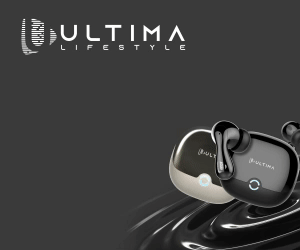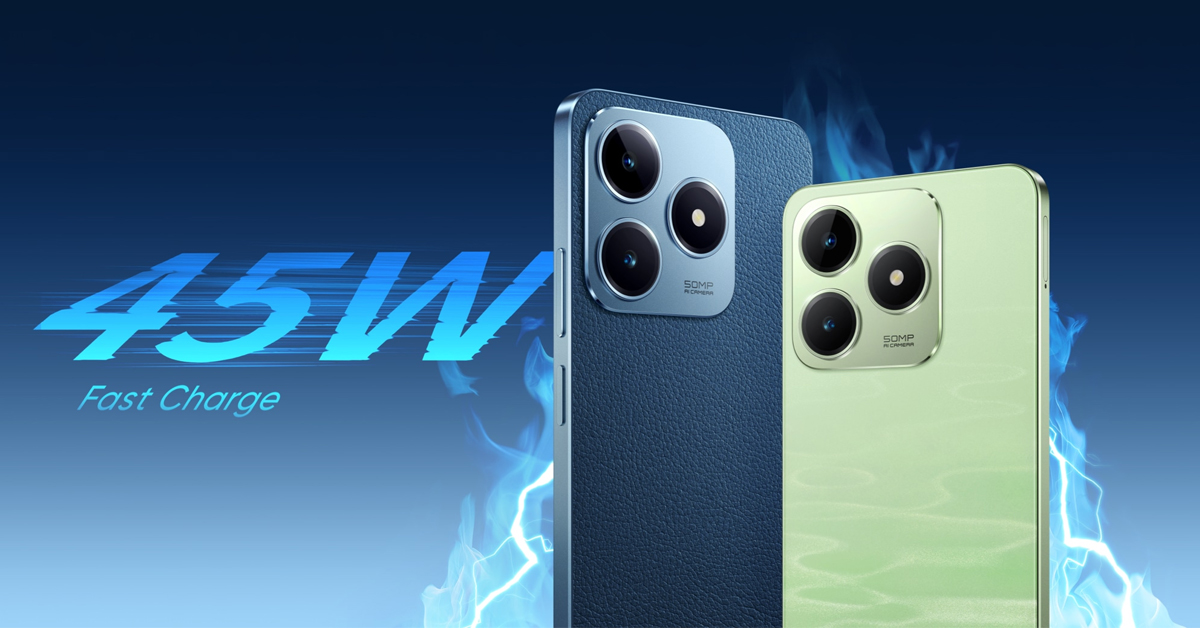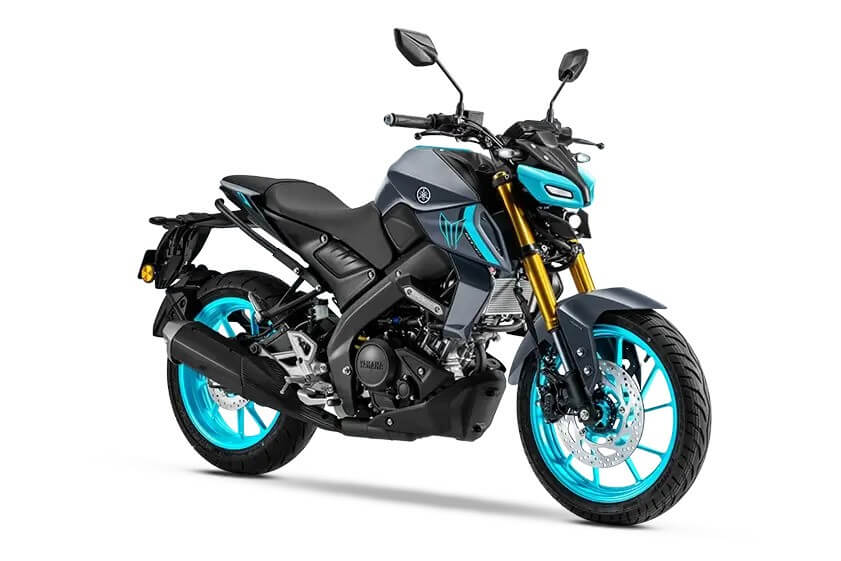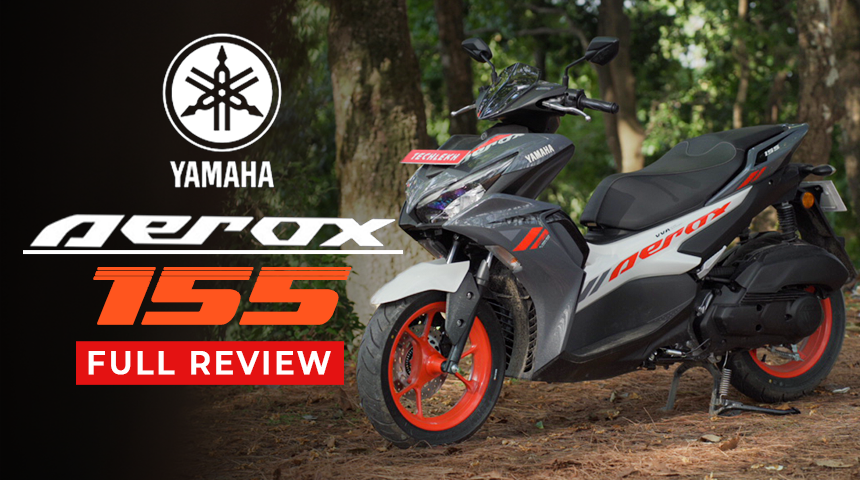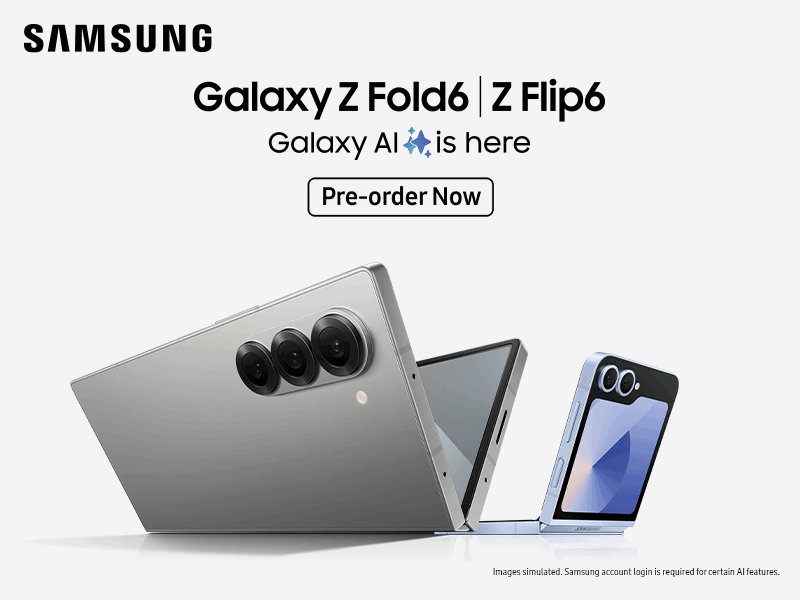When you’re looking at buying a vehicle, there’s more than just the price to consider. After all, previous owners run, treat, and operate their cars differently.

Accidents, modifications, and commercial use are just a few things to watch for when you request a car report. While these items singularly may not be a big deal, having multiple items on the history report can jeopardize the value and safety of your vehicle.
What Information is Needed to Order a Vehicle Report?
To order a vehicle history report, you’ll need the VIN (Vehicle Identification Number), year, make and model. For most vehicles purchased at dealerships, this information will be readily available to you before purchase. This information and the vehicle’s information are necessary to complete the required checks, giving you access to the car’s history in the report.
How Do I Check a Vehicle for Accident Records?
Using a professional website that completes a background check can help you pull accident histories quickly by scanning through public records. A VIN is a unique alpha-numeric code assigned at the time of manufacturing. As such, accessing this information can be done quickly, pulling from multiple databases simultaneously.
This scan checks your new vehicle in numerous states at the same time instead of manually inputting the VIN through state websites. Unfortunately, many free websites that claim to pull histories can lack the ability to pull complete records, leaving out important gaps in the history.
What Should I Look For With My Report?
Accidents are likely the most crucial consideration when purchasing a used car. Accidents will typically include damage to specific parts of the car, but repairs aren’t always created equally. In addition, there is no obligation to repair a vehicle at all before selling. That means some owners may try to minimize the appearance of damages (with paint, cheap repairs, or similar aesthetics) but leave the damage to the vehicle. This undocumented damage can include car components like wheel wells, undercarriage, or frames, which can cause expensive repairs after purchase.
Commercial use with vehicles should always be considered when making a purchase. Although this is a minimal risk factor, it’s important to note that commercial vehicles like car rentals, transportation or delivery companies, or fleet vehicles are more likely to be abused by renters. Minor accidents are less likely to be reported (as fees and expenses can be excessive), and drivers may use the car in a way that damages the engine or brakes. A benefit to commercial vehicles is the increased likelihood of consistent maintenance and servicing throughout the ownership.
Should a vehicle have multiple owners in a short period, it’s essential to evaluate why this occurred. Some car owners upgrade their vehicle, others may no longer be driving due to age, health, or driving infractions, but a consistent change of hands may signal something more significant with the vehicle. It’s always important to ask yourself whether the vehicle’s owners were looking to trade out the car or if there was something more problematic occurring. Either way, always proceed with caution and feel free to ask questions.
Do Used Vehicles Come with Guarantees or Warranties?
Always talk to the independent owner or dealership before purchasing a vehicle. While many independent sellers will not guarantee the car, some dealerships may offer a time-sensitive guarantee for every sale. These contracts may include time or distance (using miles as a limitation), specific part guarantees, or complete vehicle coverage.
Pay attention to any terms or conditions for warranty, particularly if regular servicing is required. Although as-is vehicles are less likely to offer a guarantee, certified pre-owned vehicles may offer a discounted purchase price of the car while still maintaining manufacturer warranties.
What are Certified Pre-Owned Vehicles?
If you’re looking to avoid pulling background checks on multiple vehicles, consider purchasing a certified pre-owned vehicle. These cars are different than “as-is” purchases; they are completely evaluated and inspected by the dealership. From there, strict guidelines on refurbishment are followed to adhere to the manufacturer’s specifications.
CPO vehicles are typically a few years old and will have moderately low milage. Additionally, they are screened to ensure no accidents are on file. Finally, unlike as-is vehicles, CPO cars will often come with manufacturer warranties for added peace of mind.
-
Realme C63 with 50MP Camera Now Available in NepalHIGHLIGHTS The Realme C63 price in Nepal is Rs. 15,999 (4/128GB). It is powered by…
-
Yamaha MT-15 Version 2.0 Expected to Launch Soon in Nepal: Find Out What’s NewHIGHLIGHTS Yamaha MT 15 V2 price in Nepal is expected to be around Rs. 6…
-
Yamaha Aerox Review: Fast and Fun with R15 at Heart!TechLekh Verdict Yamaha Aerox 155 is an outstanding scooter that combines power, style, and advanced…













